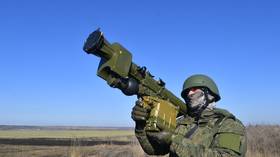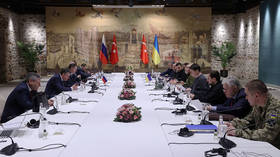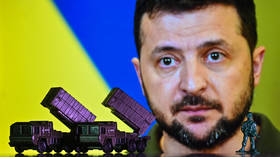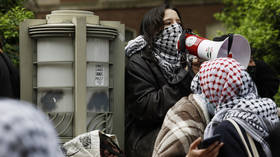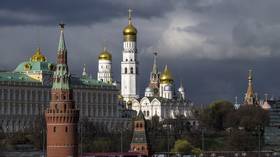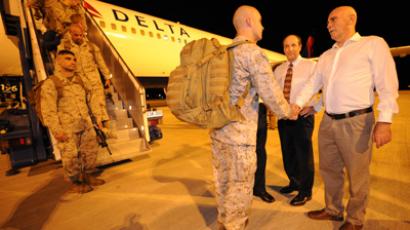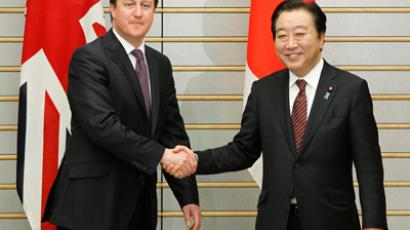Pentagon: US should enhance Asia-Pacific military role
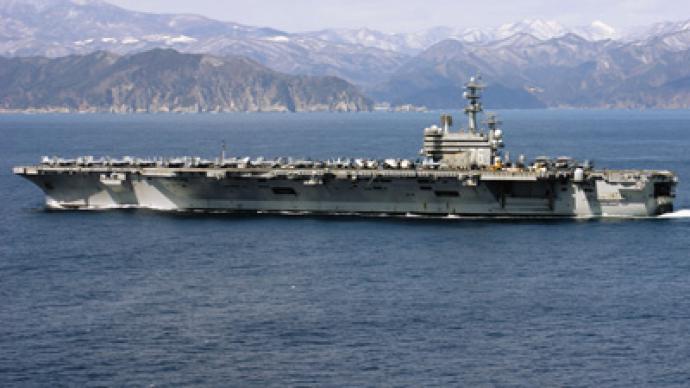
US defense secretary Leon Panetta said America needs to increase its military role in the Asian Pacific, restating Washington's concern over the reality of China’s rapidly developing military influence.
"That reality is inescapable for our country and for our military, which has already begun broadening and deepening our engagement throughout the Asia-Pacific," Panetta said.On the eve of an international peace summit scheduled to kick off in Singapore on June 1, Panetta addressed graduates of the US Naval Academy in Annapolis, Maryland. The defense secretary called the Asia-Pacific one of the “key projects” for future American mariners. “Your charge is to help ensure the peace and prosperity of the Asia-Pacific region for the 21st century,” Panetta said. “We need you to project America’s power and to reflect America’s character: to serve on ships and submarines, to fly planes, and to train and operate throughout the region."Panetta echoed Barack Obama’s words at an Australian summit last November, when the president announced plans to increase American military presence in the region by 2017. Obama called Asia-Pacific a “top priority”, stressing that the US “was here to stay”. Panetta specifically mentioned strengthening existing ties and alliances with Japan, South Korea, Australia and the Philippines to safeguard American interests in the region.The defense secretary also urged the graduates to be prepared to deal with China’s increasing military influence, calling for a new era in Chinese-US cooperation in the region.Beijing perceives Washington’s new strategic focus as a threat to its sovereignty. US-China relations have been long-strained over several points. In February, Taiwan placed an order for a new series of Patriot Advanced Capability (PAC-3) “Hit-to-Kill” missiles from US military contractor Lockheed Martin. The deal was worth $921 million, and while Lockheed said the number of missiles in the order was confidential, they did confirm that it was the third such annual order from Taipei. China considers Taiwan part of its territory, and does not recognize its independence. Taiwan relies heavily on US support for its security. In April, the US and the Philippines held a high-profile series of joint war drills on an island in territory disputed by China. Over 7,000 troops took part in the exercises, which Beijing viewed as a provocation. China ratcheted up its war rhetoric substantially at the American saber-rattling in its backyard.On May 15th, Beijing asserted its position in talks with Australian foreign minister Bob Carr, responding to a new plan to deploy a 2,500 strong American military force in northern Australia by 2017 by saying “the time for Cold War alliances has long since passed”.“China's military is growing and modernizing. We must be vigilant. We must be strong. We must be prepared to confront any challenge,” Panetta said.


